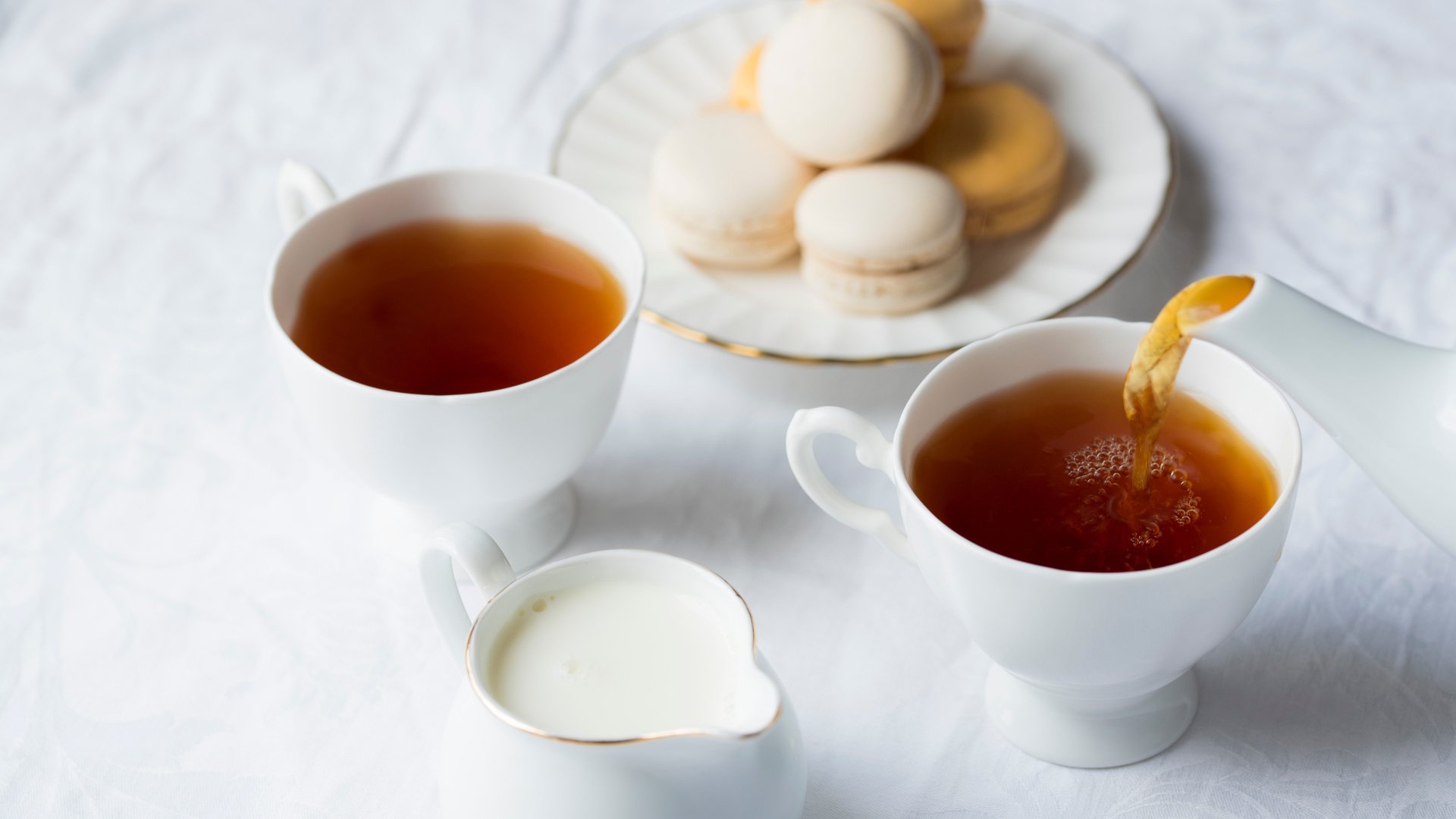It took new-age chaiwallas to finally give the humble cup of tea its due in India
Chai, or tea, means business in India.


Chai, or tea, means business in India.
Famed consumers of the beverage, Indians have spawned an entire web of small-scale tea-vending businesses across the country. Cups of the drink are available at as little as Rs5 in nooks, corners, and gullies across the landscape.
Yet, for long the cafe market had not catered to young and on-the-move urban consumers, something coffee-enthusiasts experienced through Cafe Coffee Day, Barista, and, more recently, Starbucks. While large multinationals such as Hindustan Unilever and home-grown Tata Global Beverages run multi-million dollar businesses selling packaged tea leaves, few have ventured to break the roadside stall’s hegemony.
But now, startups have begun making tea-drinking hip.
Take Chai Point for instance. With close to 100 outlets in seven Indian cities, the chain has shown that the cafe model can work for tea.
Ranging from small kiosks to sit-down stores with brick-lined walls, Chai Point, launched in 2010, offers tea with traditional flavouring ingredients such as ginger, masala, and lemon. It also serves edibles such as samosas and egg puffs, popular snacks had with the beverage across India.
Tea (in the retail format) has not been given its due, said Amuleek Singh Bijral, founder of Mountain Trail Foods, which runs Chai Point. “It was never respected. Everyone just thought it sells on the roadside, let it sell there forever,” Bijral, a Harvard alumnus, added.
Though he did see the opportunity in serving tea at Rs50 a cup in hip and cosy cafes, he wasn’t the first to venture into tea cafes.
Tata Tea was an early entrant, setting up stores in 2008; but it shut shop within a year. In 2015, Mumbai-based consumer goods giant Hindustan Unilever, which sells popular tea brands Brooke Bond and Red Label, opened a high-end tea joint, Taj Mahal Tea House.
But it is startups like Mountain Trail Foods or New-Delhi based Chaayos that have taken tea cafes across India, often by opening stores at malls, corporate hubs, and airports.
“We have built a narrative around selling tea that connects with the new-age customer in India,” Bijral said.
The surge in consumerism over the last decade has meant that more urban Indians are willing to spend anywhere between Rs40 and Rs100 for a cup of tea. “The general janta (public) has become aspirational and that’s bringing with it a sense of confidence in accepting and enjoying what is native to one’s palette and not necessarily imitate the west,” he said.
While Bijral refused to share financial details, his company has managed to raise $11 million in funding till now. Mountain Trail Foods also provides tea dispensers called BoxC at corporate offices.
Looks like the Indian tea drinker and the chaiwalla (tea-vendor) are coming of age.